Norman MacPhail BLAIR
.... aka 'Maurice Elwin' (1896, Uddingston, Scotland - 1975, Hampstead,
England)
Gaelic Singer, Crooner of Popular Ballads, and a Teacher of Music
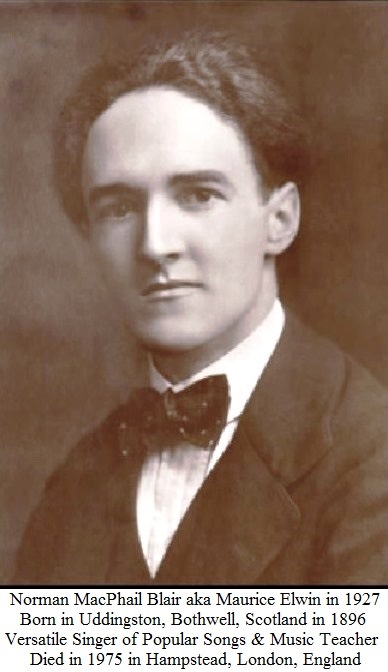
Examples of his singing ....
Elwin Chorus 1927
Drifting And Dreaming
Elwin 1928 Theid Mi Gad
Amharc (I'll come back and see you)
Elwin 1931 As
Time Goes By Savoy Hotel Orpheans
Elwin 1931 My
Sunshine Came On A Rainy Day
Elwin 1931 Save A Little
Love For Me
Elwin 1933 Stormy Weather
Maurice Elwin 1934 One
Morning In May
Elwin 1934 If
You Were The Only Girl In The World
Elwin 1937 A Dicky Bird
Told Me So
Elwin 1937 The
Little Old Church In The Valley
For My Baby
A Great Great Girl
Didn't Tell You
T'aint No Sin
Song Of Happiness
Home
Let's All Sing That Lard Song
Sometimes I'm Happy
Because My Baby Don't Mean May Be Now
Norman MacPhail Blair [aka Maurice Elwin ..one of his many pseudonyms as
a professional singer] was born on the 14th of June, 1896 in 38 Kyle
Park, Uddingston, Bothwell, Lanark, Scotland, to Donald Blair, a
Stockbroker's Cashier, and Eliza Margaret McLaggan, Teacher of Music,
who married in Govan, Glasgow, Scotland on the 19th of March, 1880.
Norman was the youngest of six children, five boys, Donald, James,
William, Alexander and himself ... and one girl, Eliza. Norman's father,
Donald Blair Snr., was born to a John Blair [Gardener] and a Janet
MacPhail [Gardener's Assistant] in May, 1852. There is no record of a
marriage, but Donald received the Blair surname on his baptism in Govan
Parish Church on the 21st of May, 1852. According to the1861 and 1871
Censuses for Govan, Donald Blair Snr.'s mother lived with him as a Janet
MacPhail born c. 1817 in Morvern, Argyll, Scotland ...a Gaelic speaking
area. There is no sign of Donald's father, John Blair, in either of
these two Censuses. On Janet's death in Uddingston on the 16th of
January, 1886, she is recorded as Janet MacPhail, an unmarried woman.
Norman MacPhail Blair began his career as Maurice Elwin in Glasgow by
singing ballads before moving on to performing, not only popular songs,
but also some in Gaelic. He moved to England in the 1920s and 1930s
where he appeared regularly with the Savoy Orpheans led by the Carroll
Gibbons as well as becoming a singing teacher near his home in
Hampstead. Norman's obituary in the local Hampstead paper in 1975
describes him as, one of the most recorded artists in the world and that
he had made hundreds of 78rpm recordings under many pseudonyms. His
death was registered in Hampstead in December 1975 and he was buried in
Hampstead Cemetery.

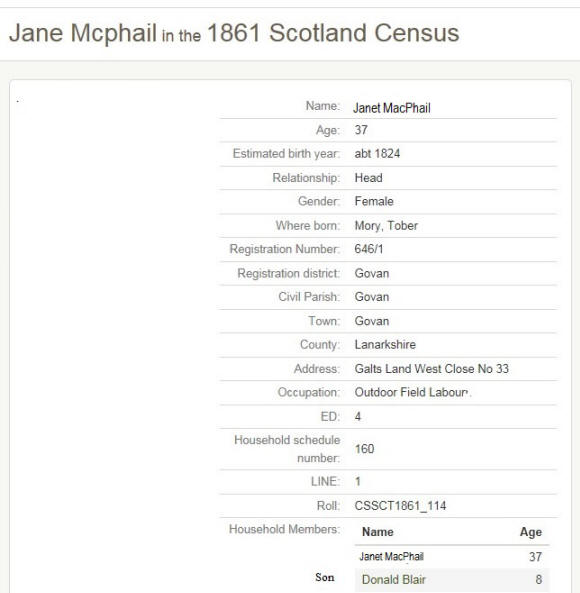
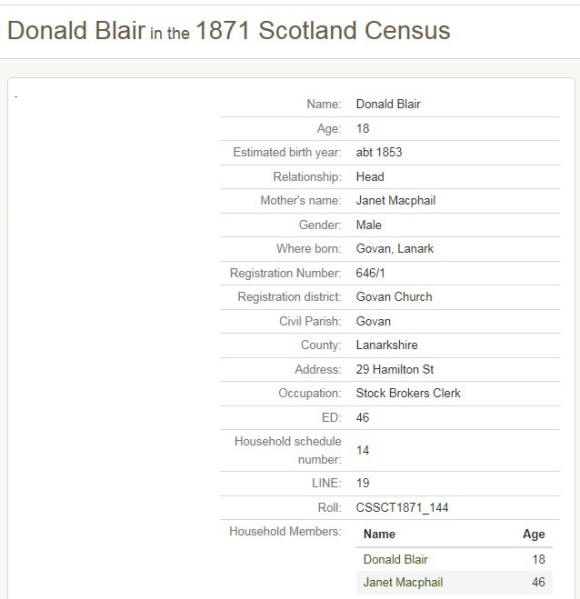
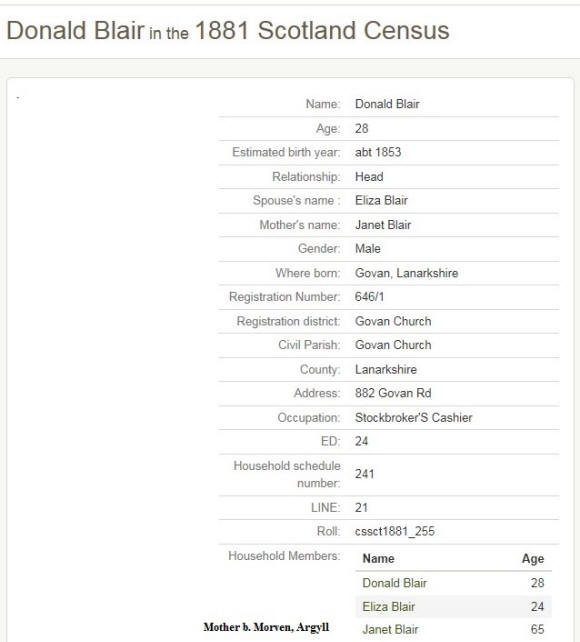


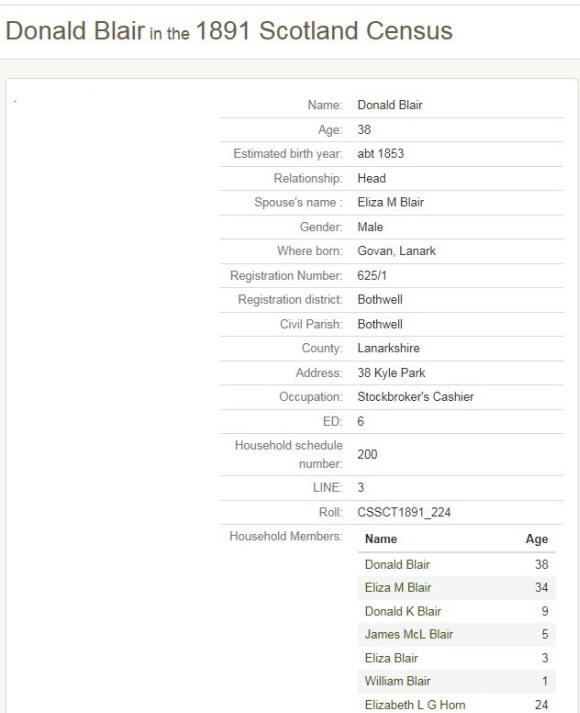

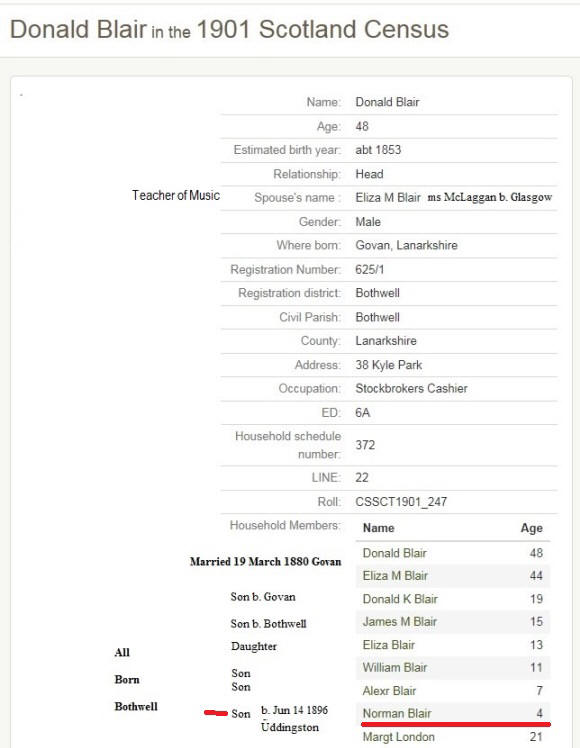
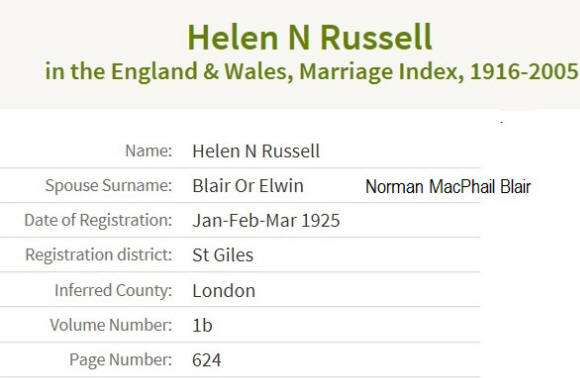
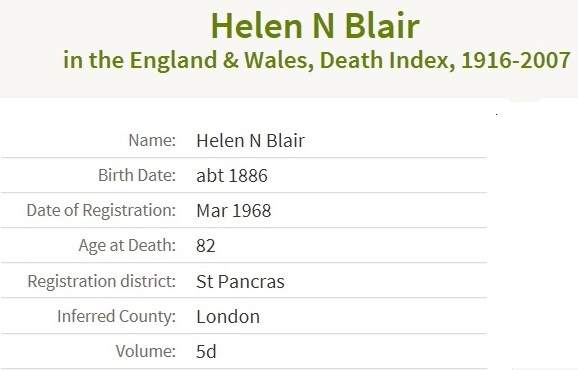
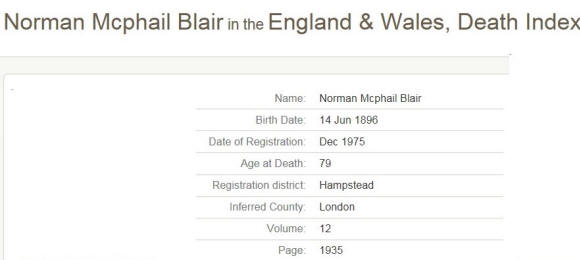

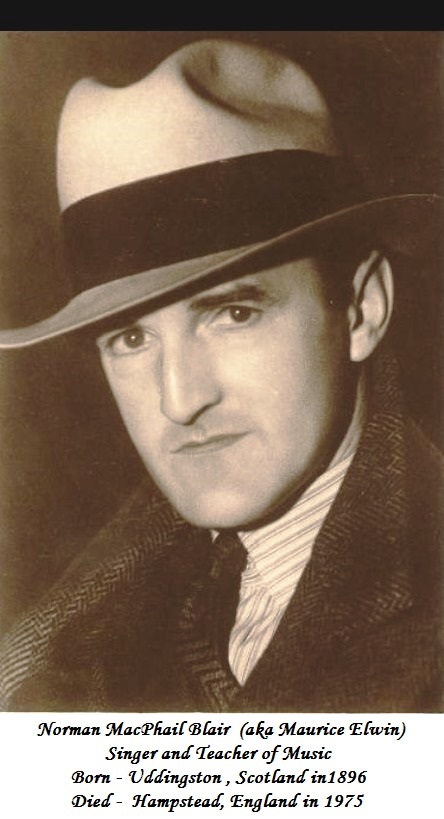


Play this medley here

Play this song here

Play this song here

Play this song here

Play this song here

Play this song here

Play this song here

Play this song here

Play this song here






Play this medley here |

